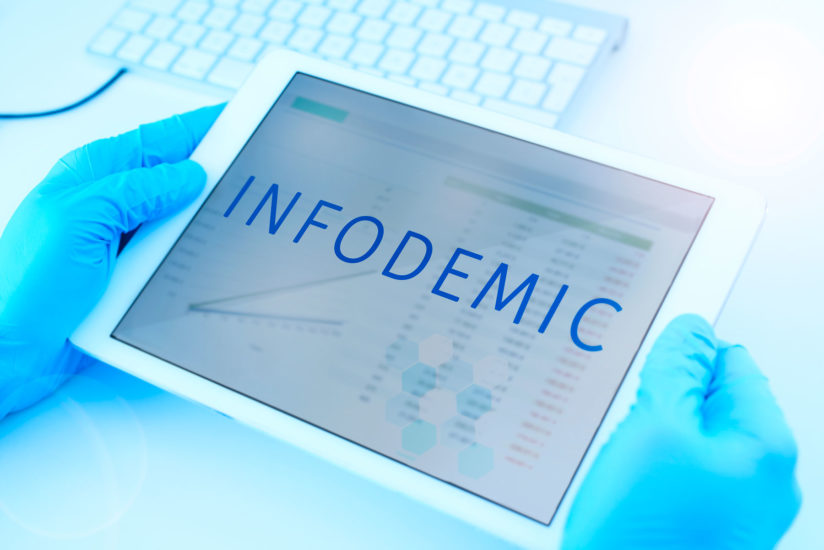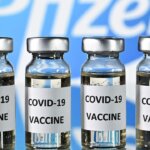A recent report by a Washington State University researcher and published in Telematics and Informatics describes the horror of using social networking sites as the primary news source.
According to Yan Su, the study’s lead researcher, the use of social media could increase belief in COVID-19 misinformation, thereby reinforcing false information propagated by malicious actors or irresponsible news outlets.
The findings unveiled communication and psychological factors related to COVID-19-related misinformation beliefs and supplied insight into coping strategies.
The findings support the need for more rigorous fact-checking on social networking sites in order to hold news organizations accountable for the possibility of disinformation.
The World Health Organization has raised concerns about a “infodemic” due to the spread of misinformation about the COVID-19 pandemic, which exacerbates people’s misperceptions and discourages preventive measures.
More than 3,000 participants were surveyed in relation to the COVID-19 pandemic for the purpose of this study.


